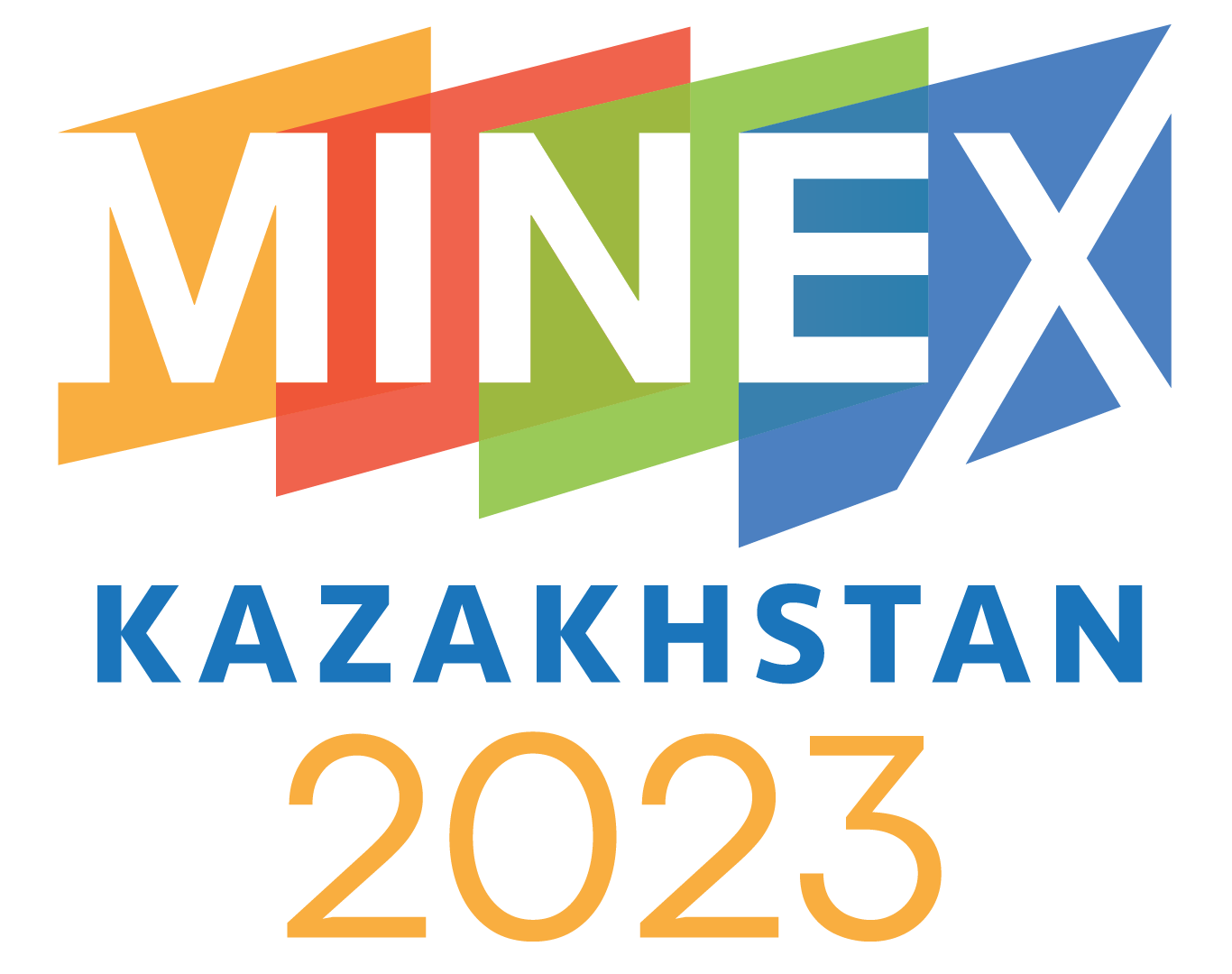
Head of Centre for Energy Research
Norwegian Institute of International Affairs (NUPI)
Dr. Roman Vakulchuk is the Head of Centre for Energy Research at the Norwegian Institute of International Affairs (NUPI) in Oslo and holds a PhD degree in Economics from Jacobs University Bremen in Germany. He specializes in Central Asia and Southeast Asia and his main research interests are economic transition, trade, renewable energy, critical materials, climate change, and investment policy. Vakulchuk has served as project leader in research projects organized by the Asian Development Bank (ADB), the World Bank, the Global Development Network (GDN), the Natural Resource Governance Institute (NRGI) and others. In 2018, he worked as governance expert for OECD’s mission in Kazakhstan and advised the government on privatization reform. In 2013, Vakulchuk was awarded the Gabriel Al-Salem International Award for Excellence in Consulting. Recent publications include 'Central Asia is a Missing Link in Analyses of Critical Materials for the Global Clean Energy Transition‘ (2021), Seizing the Momentum. EU Green Energy Diplomacy towards Kazakhstan’ (2021), ‘Renewable Energy and Geopolitics: A Review’ (2020).
Central Asia is a Missing Link in Analyses of Critical Materials for the Global Clean Energy Transition
The energy transition is causing a surge in demand for minerals for clean energy technologies, giving rise to concerns about the sources and security of supplies of critical materials. Although Central Asia was one of the Soviet Union's main sources of metals and industrial minerals, it has been forgotten in contemporary global critical materials analyses. Here we review the Central Asian mineral resource base and assess its current and potential contributions to global supply chains. We find that the importance of Central Asia lies mainly in the diversity of its mineral base, which includes mineable reserves of most critical materials for clean energy applications. This renders the region important in mineral economics, security of supply, and geopolitical perspectives alike. In sum, Central Asia is likely to become a new hotspot for mineral extraction and a major global supplier of selected critical materials for clean energy technologies.
